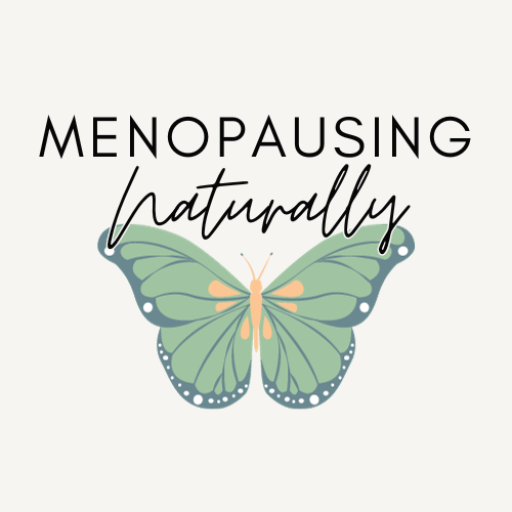Menopause and Aching Joints: 5 Strategies To Relieve Discomfort
As women transition through the phases of menopause, they often encounter a range of physical changes. One common concern that arises is the experience of aching joints. This phenomenon is closely linked to the hormonal shifts that accompany menopause. In this comprehensive guide, we will delve into the intricate relationship between menopause and joint discomfort, providing valuable insights and practical strategies to navigate this transformative phase of life.
Hormonal Fluctuations: Catalysts for Joint Discomfort
The hormonal fluctuations that define menopause, particularly the decrease in estrogen levels, play a pivotal role in the onset of aching joints. Estrogen, known for its anti-inflammatory properties, helps maintain the integrity of joint tissues. As its levels decline, the protective effect weakens, leaving joints more susceptible to inflammation and discomfort.

The Impact on Joint Health
Aching joints during menopause can manifest in various forms, including stiffness, soreness, and reduced range of motion. Weight-bearing joints like the knees, hips, and spine are often most affected. The discomfort can range from mild to severe, significantly impacting daily activities and quality of life.
Strategies for Managing Joint Discomfort
While aching joints during menopause may seem inevitable, there are proactive steps that women can take to alleviate discomfort and maintain optimal joint health.
1. Prioritize Regular Exercise
Engaging in a well-rounded exercise routine can do wonders for joint health. Activities like low-impact aerobics, yoga, and strength training help improve flexibility, strengthen supporting muscles, and promote overall joint function.

2. Embrace a Balanced Diet
Nutrition is a cornerstone of maintaining optimal joint health. A diet rich in anti-inflammatory foods, particularly those abundant in omega-3 fatty acids, can significantly contribute to reducing joint inflammation. Foods like fatty fish, such as salmon, mackerel, and sardines, along with flaxseeds and walnuts, are excellent sources of these beneficial fatty acids. They work by helping to curb the production of inflammatory substances in the body, providing natural relief for joint discomfort.
Furthermore, managing a healthy weight is paramount for joint well-being. Carrying excess weight places added stress on weight-bearing joints like the hips, knees, and spine. This additional strain can exacerbate joint pain and discomfort, making it crucial to maintain an appropriate body mass index (BMI). By doing so, you not only alleviate pressure on your joints but also promote overall musculoskeletal health.
3. Mindful Stress Management
Chronic stress can exacerbate joint discomfort, as it triggers the release of stress hormones that may contribute to inflammation. Practicing relaxation techniques like deep breathing, meditation, and mindfulness can help alleviate stress and promote overall well-being, offering a dual benefit of soothing both the mind and the body.
4. Explore Natural Remedies
Natural supplements like glucosamine and chondroitin have shown promise in supporting joint health by providing essential nutrients that contribute to the maintenance and repair of cartilage. These supplements are believed to help reduce inflammation and slow down the progression of joint-related conditions. However, it’s essential to consult a healthcare professional before incorporating any new supplements into your routine. They can provide personalized advice based on your specific health needs, potential interactions with other medications, and any underlying medical conditions you may have. This ensures that you’re making informed decisions about your joint health and overall well-being. Remember, a healthcare professional’s guidance is invaluable in tailoring a supplement regimen that aligns with your individual health goals.
5. Seek Professional Guidance
If joint discomfort persists or worsens, seeking advice from a healthcare provider is crucial. They can offer personalized recommendations, including potential medical interventions or referrals to specialists.
Empowering Women Through Menopausal Transitions
Navigating the complexities of menopause, including aching joints, requires a holistic approach to well-being. By prioritizing regular exercise, balanced nutrition, stress management, and seeking professional guidance when needed, women can take proactive steps to support their joint health and embrace this transformative phase of life with confidence.






